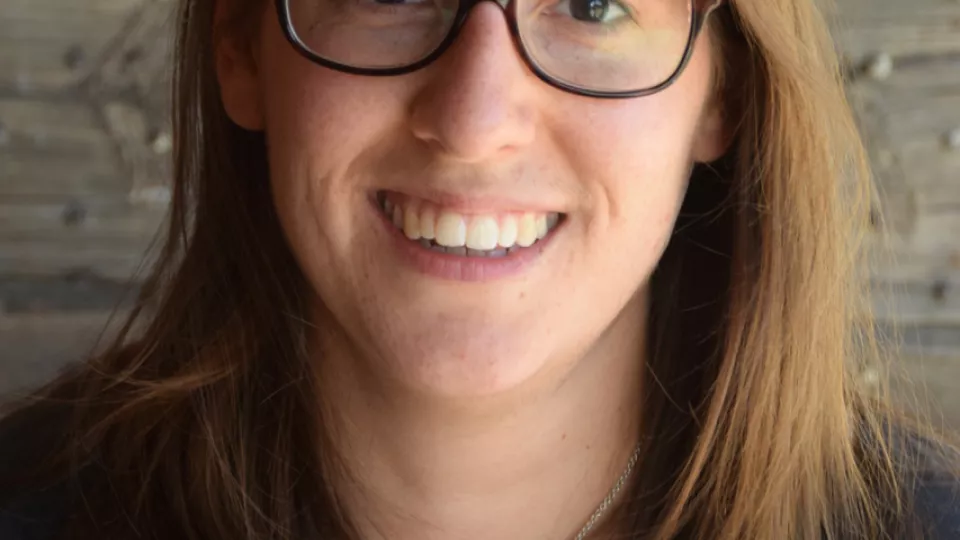Klara Winkler spent last semester at LUCSUS as a visiting PHD student. Here she reflects on her time at the centre, and discusses research approaches and collaboration in sustainability science.
What are your reflections on research and collaboration at LUCSUS?
LUCSUS is a vibrant place for sustainable sciences research: it is very inspiring to have researchers from many cultural and academic backgrounds working on questions of sustainability. They work on different topics like climate change, land use, water and urban systems and also in different areas of the world: Sweden, Europe, Sub-Sahara Africa or Latin America. Being part of LUCSUS give you the unique opportunity to sit next to somebody in their office or over lunch, starting to compare approaches and identifying patterns occurring over themes and in locations. In LUCSUS, ways are short and the atmosphere is welcoming. This gives you the possibility to do interdisciplinary work in a unique manner: everybody is happy to answer your questions about their research, their field of expertise, and helps you to think through your own research questions. This also leads to many great collaborations within and over the borders of LUCSUS.
How do you think LUCSUS fits into the field of sustainability science?
LUCSUS functions as a crucial building stone in the global sustainability sciences endeavour. Not only is LUCSUS one of the oldest research centres focusing on sustainability research in the world. Some of the most famous researchers in the field are staff members and can help early career researchers to understand the field and its traditions. This helps a lot in positioning their own research. One of the strengths of the research conducted within LUCSUS is that much of the research takes on a critical and reflecting standpoint that helps to identify short comings and to create new, robuster paths into the future.
What types of research approaches do you think are on the rise in sustainability science?
I see an increase in humanities in sustainability research and also here is LUCSUS, with some of its PhD students, already exploring possibilities to e.g. integrate art in participatory processes. In addition, I think that ideas of system complexity and system analysis will increasingly play a role in international sustainability research. LUCSUS, with its long-standing history in system thinking work, is well-equipped for the future.
How do you see collaboration in sustainability science?
Researchers in sustainability sciences see the importance of collaboration as a crucial aspect of their research. Only together can we get a more holistic understanding of the situation we are in. Together it will be possible to identify bright paths in to the future and we will be strong enough to go together to achieve a sustainable society.
